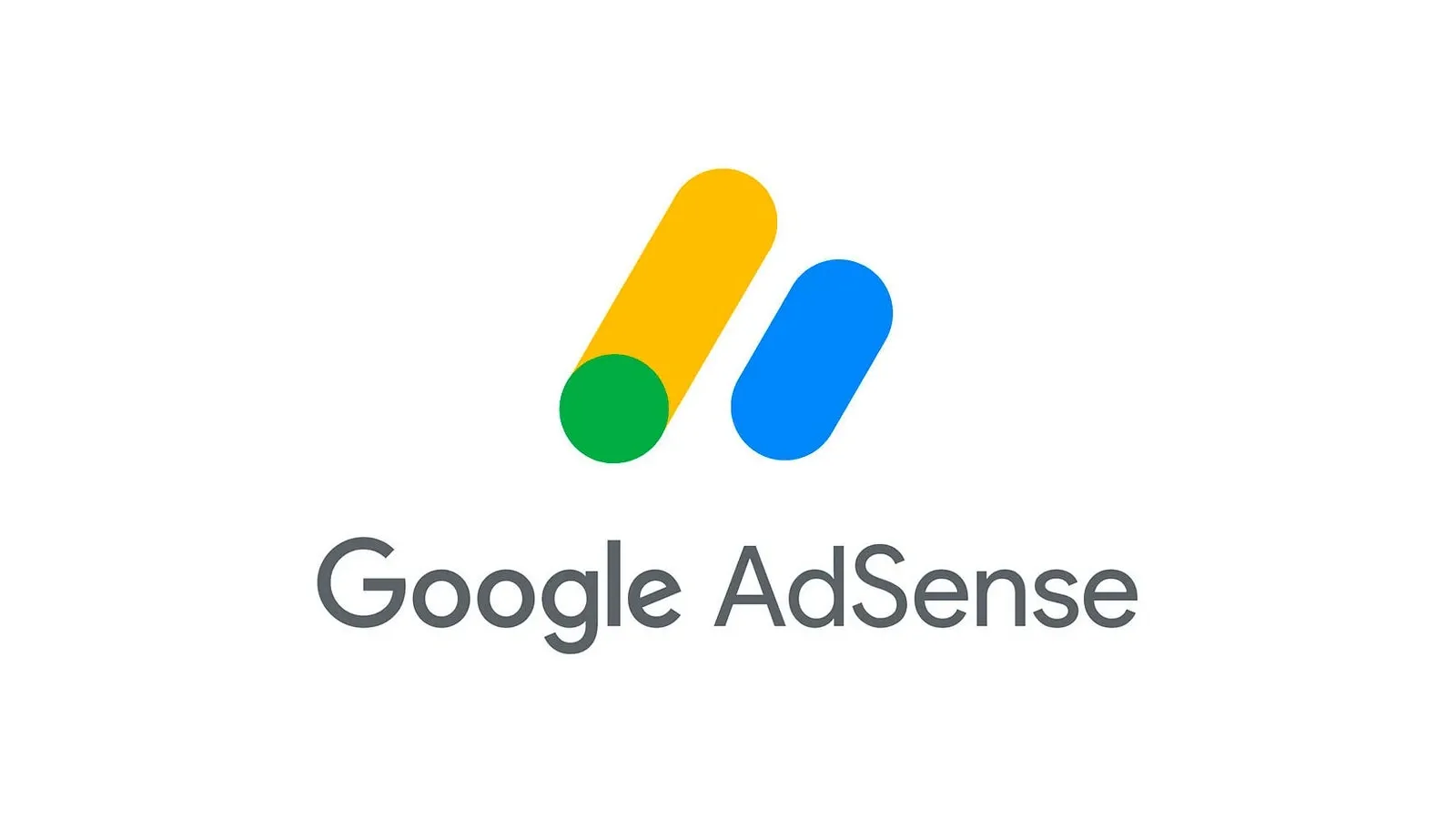Google AdSense updates Privacy & Messaging User Consent Revocation process
Google today announced updates to its Privacy & messaging user consent process within Google AdSense, reflecting the evolving landscape of user privacy expectations in Europe. These changes aim to enhance user transparency and control over their data.

Google today announced updates to its Privacy & messaging user consent process within Google AdSense, reflecting the evolving landscape of user privacy expectations in Europe. These changes aim to enhance user transparency and control over their data.
The concept of consent revocability remains a core principle of the Google AdSense Privacy & messaging user consent program. This signifies that users within the European Economic Area (EEA), the UK, and Switzerland have the right to withdraw their consent for personalized advertising at any time.
Previously, the Privacy & messaging user message might have directed users to your privacy policy for consent withdrawal. This reference has been removed. Additionally, Google clarifies that the revocation link displayed at the bottom of the page should specifically state "Privacy and cookie settings."
While AdSense automatically adds the required revocation link for European regulations messages, you retain the option to include a similar link on your data, cookie, or privacy policy page for further user convenience.
When a user clicks the revocation link and the Consent Management Platform (CMP) resurfaces, Google ensures three clear options are always presented: "Consent," "Do not consent," and "Manage options."
For in-depth information, Google provides the following resources:
- Add a consent revocation link to your site: This guide explains the concept of consent revocability and details the automatic addition of revocation links by AdSense. It also covers the option to include a manual link on your privacy policy or other relevant pages.
- Consent revocation function (Google API): This section provides code examples for implementing the revocation flow using the Google API. It demonstrates how to create a link that triggers the revocation message.
- Consent revocation function (AMP): This section offers code snippets specifically designed for AMP (Accelerated Mobile Pages) implementations. The code allows you to integrate a button within your AMP website's HTML that, when clicked, prompts the user with the revocation options.
These updates from Google AdSense prioritize user control over their advertising data within the European region. By ensuring clear communication and offering flexible implementation options, Google aims to empower publishers while adhering to evolving privacy regulations.

